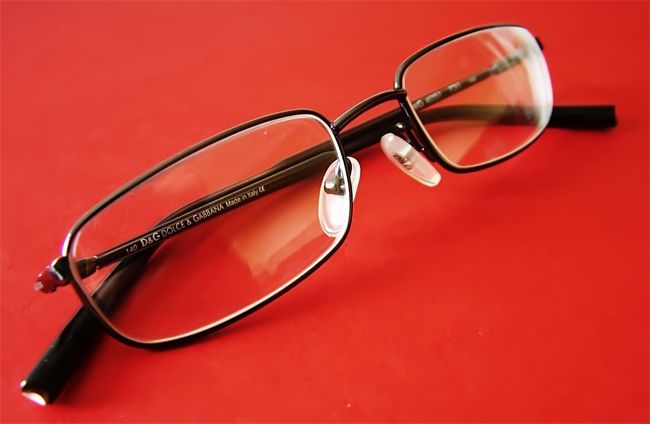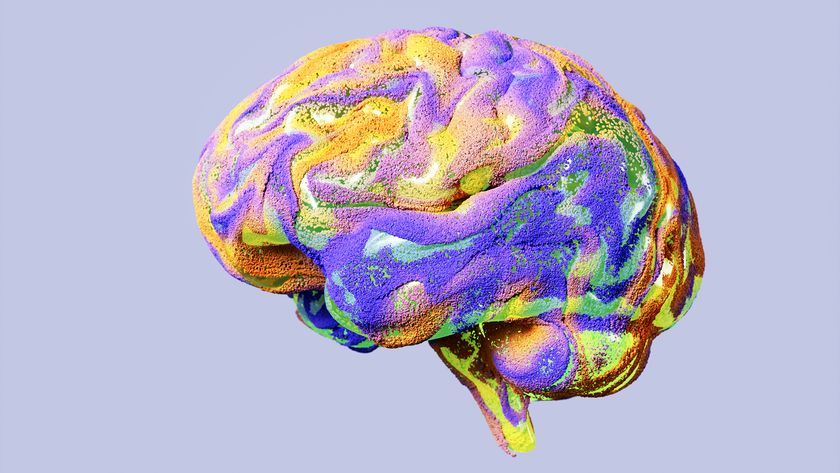What Is Low Vision?

This Week's Question: At the recreation center in my development, I overheard some women talking about "low vision." Is that something like being near-sighted?
No, low vision is very different. It is a significant reduction in visual function that can't be corrected by regular glasses, contact lenses, medicine or surgery. Low vision can range from moderate impairment — such as tunnel vision or blind spots — to almost total blindness.
One out of every 20 people has low vision. About 135 million people around the world suffer from this impairment.
Irreversible vision loss is most common among people over age 65. However, losing vision is not just part of getting older. Some normal changes occur as we get older. These changes usually don't lead to low vision.
Low vision can be caused by diseases, disorders, and injuries that affect the eye. Many people with low vision have age-related macular degeneration, cataracts or glaucoma. Almost 45 percent of all cases of low vision are caused by age-related macular degeneration, which progressively destroys the central retina (macula) at the back of your eye. The retina is to your eye what film is to a camera.
If you think you may have low vision, consult an eyecare professional who can tell the difference between normal changes in the aging eye and those caused by disease.
There are many signs that indicate possible vision loss. Under normal circumstances, do you have trouble recognizing faces of people you know? Is it difficult for you to read, sew, match the color of your clothes? Do lights seem dimmer than they used to?
Sign up for the Live Science daily newsletter now
Get the world’s most fascinating discoveries delivered straight to your inbox.
Vision changes like these could be early warning signs of eye disease. Usually, the earlier your problem is diagnosed, the better your chances are for successful treatment and maintaining your vision.
Regular eye exams should be part of your routine health care. However, if you think your vision has changed, you should see your eyecare professional as soon as possible.
A specialist in low vision is an optometrist or ophthalmologist who is trained to evaluate vision. This professional can prescribe visual devices and teach people how to use them.
- What is 20/20 Vision?
Devices and rehabilitation programs can help you adapt to vision loss. They may help you maintain your lifestyle.
These devices include: adjustable lighting; large-print publications; magnifying devices; closed-circuit televisions; electronic reading machines; computer systems with voice-recognition; telescopes, and telephones, clocks, and watches with large numbers.
Rehabilitation programs offer a wide range of services such as low-vision evaluations and special training to use adaptive devices. They also offer guidance for making changes in your home as well as group support from others with low vision.
- Video: Bionics Gives Blind Woman Partial Vision
Previous Healthy Geezer columns:
- Do Children Cause Adults to Get More Colds?
- Is it Safe to Exercise in Your 70s?
- Should I Worry About Dizzy Spells?
- Do Older People Need More Sleep?
The Healthy Geezer column publishes each Monday on LiveScience. If you would like to ask a question, please write fred@healthygeezer.com. © 2009 by Fred Cicetti.













